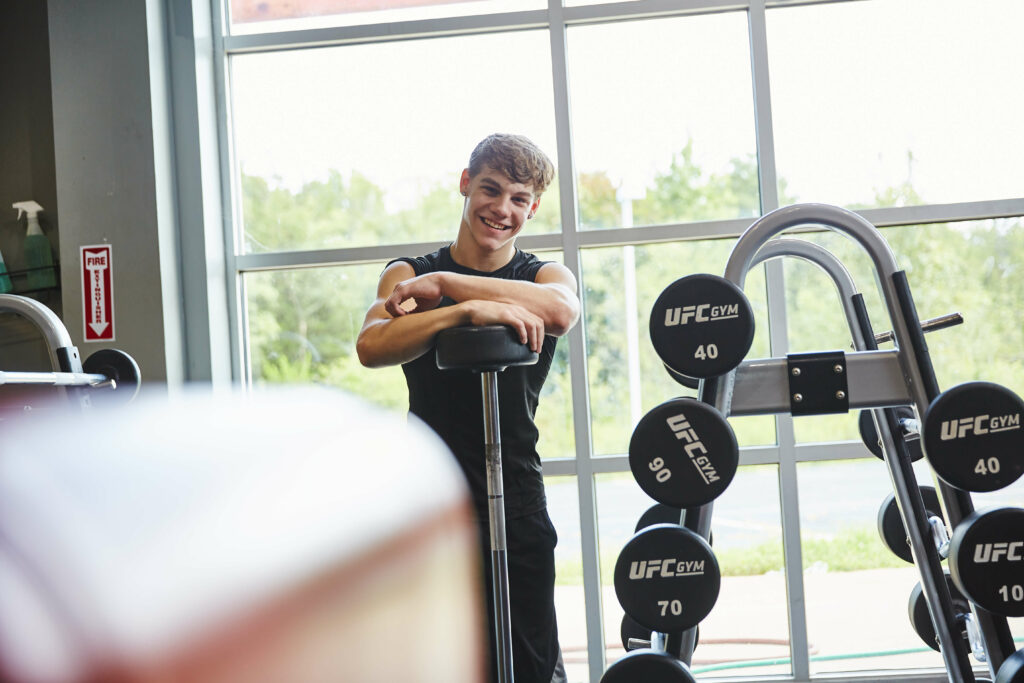Max's Story

Amid a pandemic, when kids are homebound, activities on pause, and just about everything that would be entertainment for a young person is closed, Max Rubin enters a fitness center and smiles widely as he’s welcomed by the owner. Although the facility is closed to the public, they understand his commitment and physical needs, and make an allowance for him to work out in the silence and safety of the empty place.
Just like most kids his age, Max enjoys spending his time listening to music, tanning, and going to the gym, however, one thing that sets him apart is his disability. Diagnosed with Spastic Diplegia, a form of Cerebral Palsy causing stiffness in the legs, Max is an outspoken advocate for others with disabilities, especially when it yields the opportunity to empower kids like himself. By the age of 17, Max has been featured in numerous documentaries, short films, and interviews, sharing his story and experiences of life with “CP,” a condition, and the struggles that come along having a disability he speaks openly about.
Body building became an outlet for his energy when he was 13, and it has since been one of his biggest passions in life. “I wanted something, in terms of my body, that I could control,” he states. “The fitness industry ever since has been so good to me in general with making so many friends and giving me a purpose.” Today, weightlifting has become a significant part of his identity, and he has excelled to a competitive level. His success as a young bodybuilder with a disability has broken ground in the fitness community and opened doors for the community of others with disabilities.
Spastic Diplegia affected Max mentally as a young kid, as much as it did physically. People would look at him and fail to see that he was so much more than his disability. “The double taking – that never really feels good,” Max recalled. He didn’t like being defined by the way he walks, especially given his physical strength and obvious intelligence.
“I want people to see me as me, not as a kid with Cerebral Palsy. I want to be seen as Max; I want to be seen as a person who has goals just like everybody else. Just because I may need help with some things, I’m not any less of a person. “
With time and maturity, along with the wonderful support system of his family, a new sense of confidence and self-awareness developed, and he learned to start living life unapologetically. “If I could tell my younger self one thing, [it would be] learn to be easier on yourself,” Max stated. “I focused way too much on what other people thought…there is no ‘normal,’ and I am starting to realize what that concept means now.”
As a self-advocate, Max is just getting started, but he is already inspiring others through his resilience and perseverance to overcome the odds. Max plans to attend Kutztown University and major in social work, so he can continue to be an advocate and mentor to those with disabilities. Growing up, his role models were other advocates with disabilities who were open and vocal about their challenges because they reminded him that he wasn’t alone. He hopes to be that role model for younger generations and build a career supporting those in the disability community.
“I just want to be mentally stable, financially stable and physically stable, and as long as I am content with where I am after college, I can say I lived a good life.”
Max